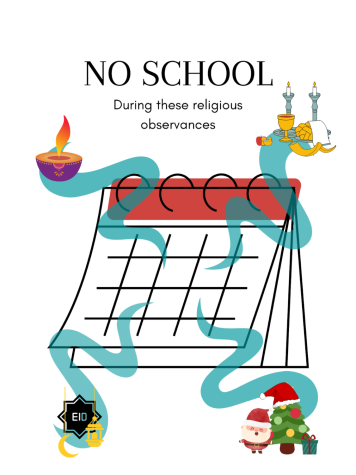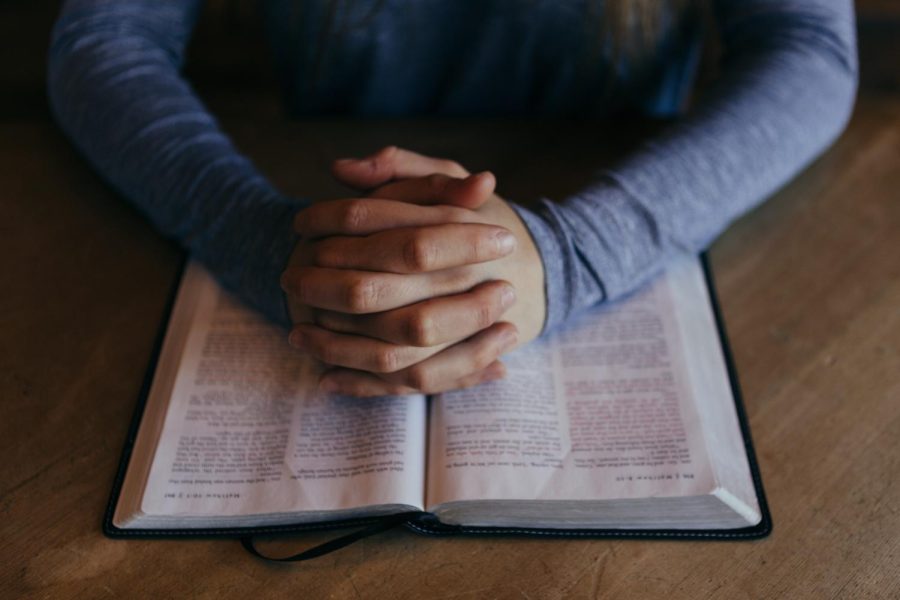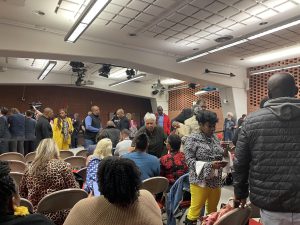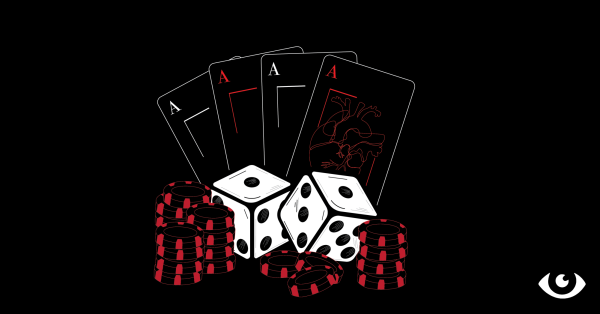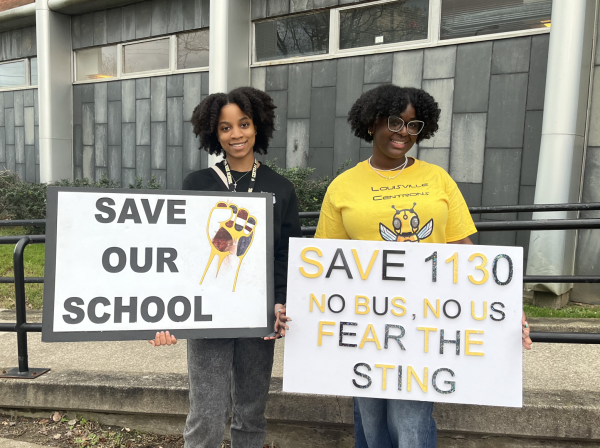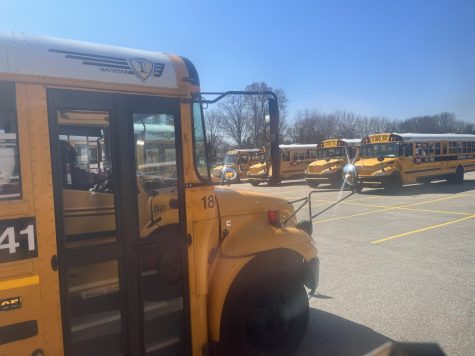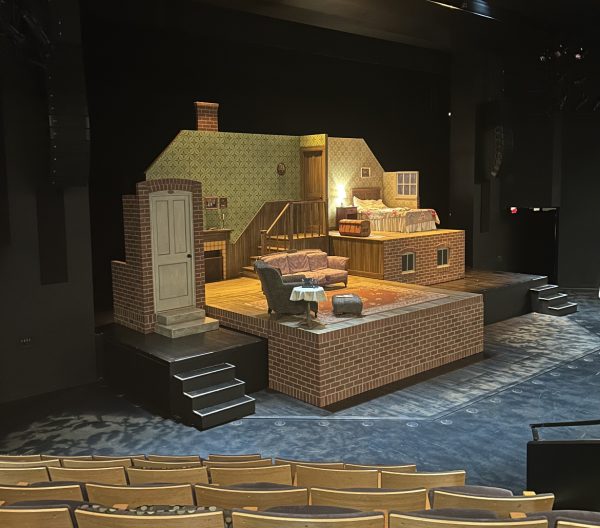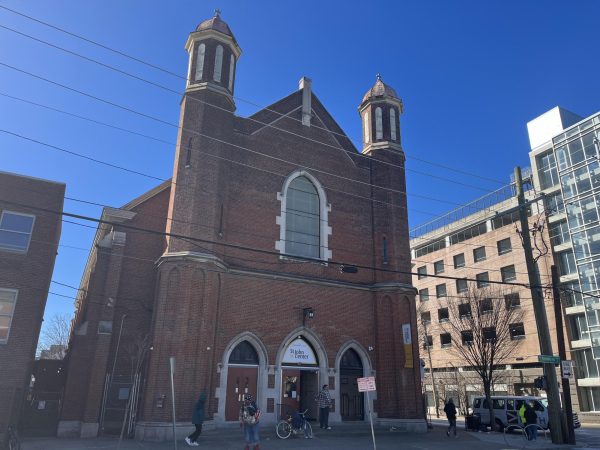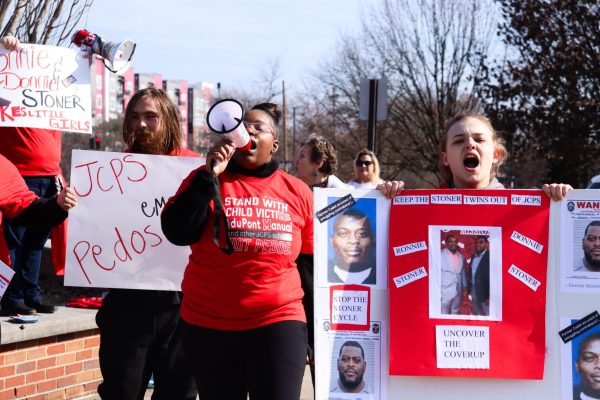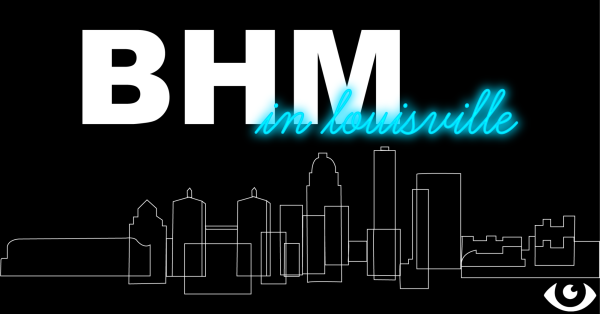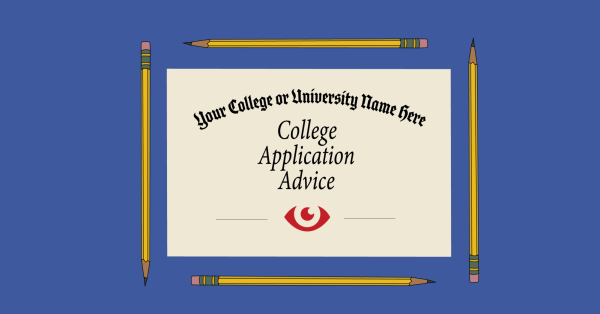Lack of religious inclusion in the JCPS calendar—How does it affect non-Christian students at Manual?
Many religions are represented within the walls of JCPS. Photo by Patrick Fore on Unsplash.
November 16, 2022
Mala Karki (10, J&C) was absent on October 26th due to Bhai Tika. Bhai Tika is part of Deepawali which celebrates siblings. This Hindu ceremony lasts for five days, with Bhai Tika being the last day of celebration. While celebrating, Mala worried about the work she was missing at school.
“I felt scared because I was missing a white day which is when I have my harder classes,” Karki said.
Other non-Christian students miss attending various religious ceremonies due to school so that they can come and learn. Students who are absent due to religious observances receive an excused absence and the number of days they are absent plus one to make up work. This is the same as the policy for any other type of excused absence.
“Without them, I would have so many unexcused absences, which would put so much stress on me,” Karki said.
The Association of Religion Data Archives reports on the congregational adherents, including full members and regular participants, according to census data collected in 2010. The religious composition of Jefferson County as a whole is shown in the graph to the right.
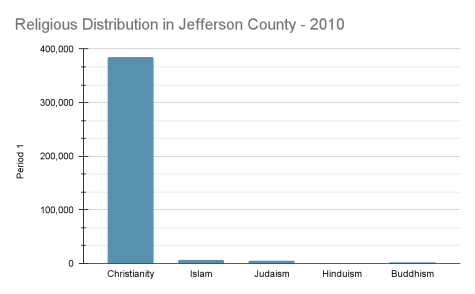
New York City County has a larger population of non-Christian than Jefferson County. The New York City Department of Education county’s religious composition is seen to the right.
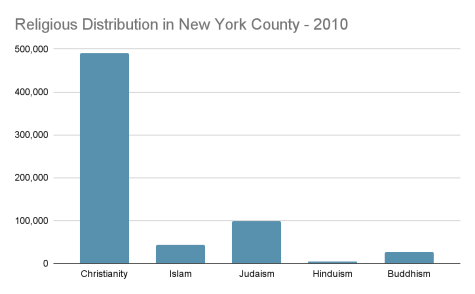
Taking a look at the New York calendar, we can observe that the school has days off for many religious holidays that JCPS does not, many of which are celebrated by non-Christians. On September 26 and 27, when the Jewish New Year Rosh Hashanah is celebrated, schools are closed in the New York City Department of Education. NYCDOE public schools are also closed for Eid al Fitr, which is a Muslim holiday marking the end of Ramadan. They also omit school days during the first and second days of Passover and Yom Kippur. The calendar also includes other holidays such as Juneteenth, Italian Heritage Day, and Indigenous People’s Day.
Art Nevins, Deputy Press Secretary of New York City Public Schools, explains the intent behind a calendar that fosters religious diversity.
“The Administration aims to recognize and celebrate the diverse cultures and communities of the City of New York whenever possible, and we work with stakeholders of all religious practices and backgrounds to find opportunities to do so,” Nevins said.
Prisha Tyagi (MST, 10) recounts missing school this year due to Diwali, which is the festival of lights for Hindus and Sikhs. In previous school years, Prisha has opted out of attending the celebrations so that she would not miss crucial assignments or instruction. For Prisha, the workload when she returned to school was a pressing issue.
“I think bigger than catching up on work, catching up on instruction I think might be a bigger issue,” Tyagi said.
